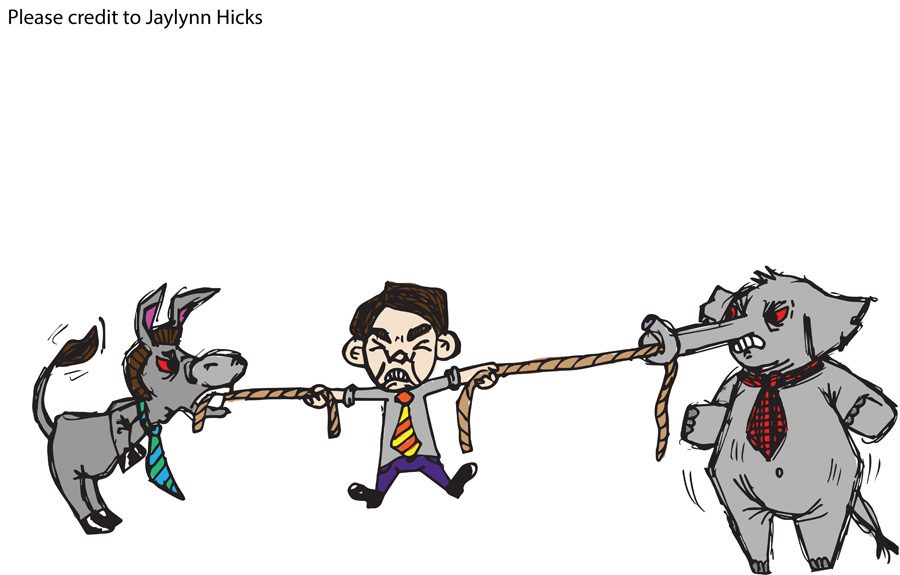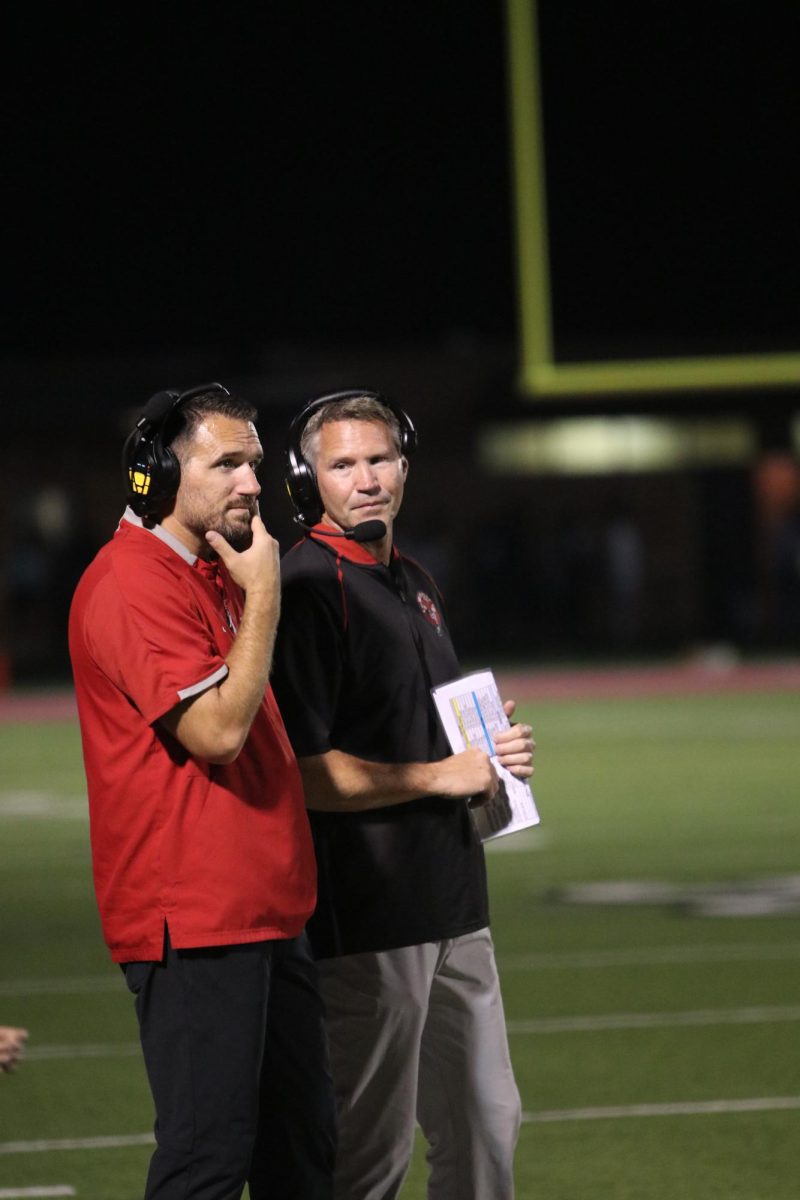Due process, presumption of innocence under assault in hearing
October 30, 2018
Judge Brett Kavanaugh was sworn in as the next Supreme Court Justice to replace Justice Anthony Kennedy on Oct. 6.
The ceremony marked the end of a bitter fight that included allegations of sexual assault dating to Kavanaugh’s time in high school.
The bedrock of our American legal system is built on a few core tenets, including due process and the presumption of innocence. Due process is based on the idea that to convict someone of a crime, procedures must be followed that are lawful and fair to both the accuser and the accused. Presumption of innocence in the United States is equivalent to the legal axiom that a person is “innocent until proven guilty” when accused of a crime. In other words, an accused person must be given a fair hearing and the evidence presented must have sufficient corroboration for a pronouncement of guilt.
Supreme Court nominations are not criminal trials. Claims do not need to be proven beyond a reasonable doubt to have weight.
However, as Sen. Susan Collins said in her floor speech supporting Kavanaugh’s confirmation, claims should at least meet the threshold of “more likely than not” to sink a nomination.
The allegations against Kavanaugh don’t even come close. In all three cases, not a single person could back up the claims of the accusers.
This nomination process was always about more than the allegations. In the summer of 2018, before any nominee was chosen, leading Democrats Sen. Chuck Schumer and Sen. Richard Blumenthal announced their unequivocal opposition to the Trump nominee, with Blumenthal swearing the Democrats would use “every tool available” to stop the person chosen.
During Senate hearings, Senators Cory Booker and Kamala Harris tried to pigeonhole Kavanaugh as a radical conservative, with little success.
But, all along the Democrats had a secret weapon in Christine Blasey Ford’s allegations. Since July 30, Sen. Dianne Feinstein sat on these allegations per Ford’s request until they were leaked days before the vote. It is possible Feinstein was not the one who leaked the allegations, but someone with a partisan agenda most certainly did.
By the time of Kavanaugh’s testimony on Sept. 27, irreparable damage had already been done to his reputation. At this point it didn’t matter, as Sen. Booker put it, whether Kavanaugh was “innocent or guilty.”
Kavanaugh’s nomination process was a dangerous perversion of what the American justice system is supposed to be. The accused ought to be given adequate time to respond to allegations. Instead the confirmation process was nearly over when the accusations surfaced.
Cases ought to be judged based on facts and corroborating evidence. Instead Kavanaugh was judged based on comments in a high school yearbook and assumptions about his background.
The accused ought to be presumed innocent until evidence suggests otherwise. Instead Kavanaugh’s reputation was obliterated in the public square.
Potential victims of trauma ought to have their requests for anonymity respected. Instead Ford was thrust into the spotlight and used as a political pawn.
Protecting due process and the presumption of innocence isn’t some distant issue that doesn’t affect everyday Americans. Warping these fundamental legal principles will have an impact on every level of American society.
In the dystopian world we are creating, if someone held a grudge against you in high school, all they would have to do to exact the ultimate revenge is accuse you of something horrendous years later. In this world, politics will become an endless cycle of character assassination in a ruthless quest for power. In this world, truth will no longer matter.
I believe Christine Blasey Ford. I believe something traumatic happened to her.
However, we need more than pure belief to ruin someone’s life and reputation. Thank God our legal system requires as much.















